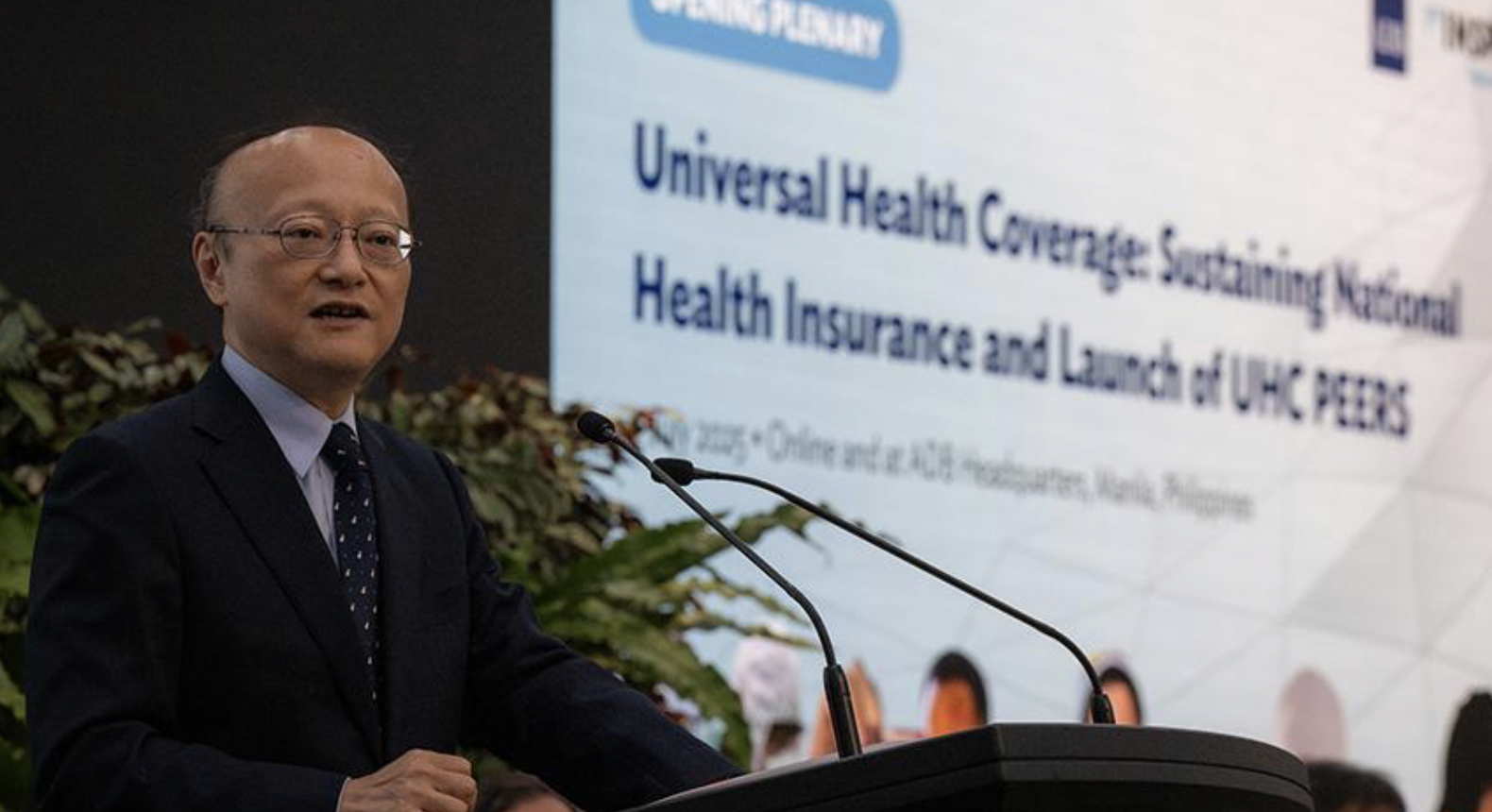The Asian Development Bank (ADB) has launched the UHC PEERS network to facilitate peer-to-peer learning and accelerate universal health coverage across Asia and the Pacific, enabling countries to share solutions for expanding health access and strengthening health systems.
The Asian Development Bank (ADB) has introduced the Universal Health Coverage Practitioners and Experts Knowledge Exchange and Resources (UHC PEERS), a regional peer-to-peer learning network designed to speed up progress toward universal health coverage (UHC) in Asia and the Pacific. The launch was announced by ADB President Masato Kanda at the INSPIRE Health Systems in Asia and the Pacific Health Forum, which brought together representatives from over 25 developing member countries, including health ministers from nine nations.
UHC PEERS aims to fill a significant gap in regional health cooperation by offering a platform for countries to exchange practical solutions for expanding health coverage, especially for underserved populations. The network will support the sharing of knowledge on health financing reforms, service delivery innovations, and strategies for reaching remote communities and integrating private sector providers. It complements the UHC Knowledge Hub in Tokyo, enabling countries to learn from each other’s experiences and avoid common pitfalls in health system reforms.
Currently, more than 1 billion people across Asia and the Pacific lack access to basic health services, with millions being pushed into poverty due to healthcare costs. Masato Kanda emphasized the economic benefits of investing in health, noting that every $1 invested in primary health care can yield up to $10 in economic growth. The initiative underscores a growing regional consensus that UHC is essential for resilient, sustainable, and inclusive development, particularly as the region faces challenges from aging populations, rising noncommunicable diseases, and ongoing infectious disease threats.
The five-day INSPIRE Health Forum also addressed pandemic preparedness, health system resilience, and lessons learned from COVID-19. The event included ministerial exchanges, innovation showcases, and financing partnerships to document best practices for future ADB programming.


